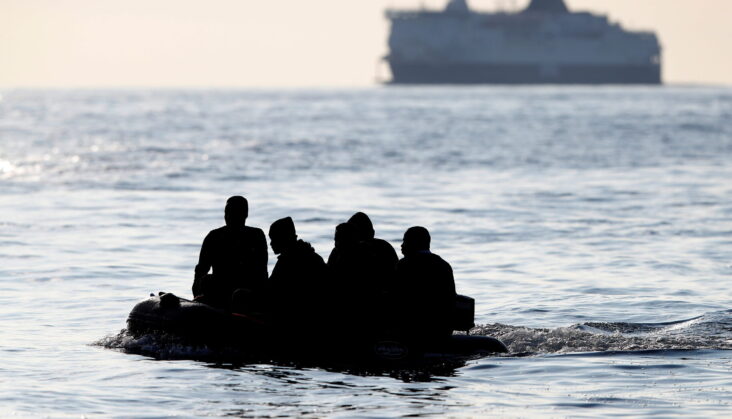[ad_1]
According to recent data by the UN, extensive levels of violence in Sudan’s Darfur region have displaced more than 84,000 civilians this month alone, doubling the numbers seen in 2021.
Along with ousted President Omar al-Bashir, Burhan and Hemeti ran a murderous counter-insurgency campaign in the western Darfur region killing over 300,000 people and displacing over 2.5 million.
Bashir was indicted by the International Criminal Court (ICC) for his role in the Darfur killings in 2003 and charged with crimes against humanity and organising a genocide. Bashir is currently in gaol in Khartoum and the ICC has requested his extradition to the Hague.
Although the ICC hasn’t named Burhan and Hemeti as complicit, opposition activists in Khartoum point to their deep involvement in the Darfur killing fields for two decades.
Then Burhan was a Brigadier in the Sudan Armed Forces units that gave logistical backing to the Janjawid militia (known as devils on horseback) which was led by Hemeti and helped drive hundreds of thousands of people from their homes. With Bashir’s backing, Hemeti converted the Janjawid into the Rapid Support Forces will still control vast swathes of territory in Darfur and guards gold mines seized by Hemeti’s family.
Darfur exploded again in the months following Burhan’s and Hemeti’s seizure of power in a military coup last October. Opposition activists accuse them of fanning the flames in Darfur to distract from the political crisis over the stalled transition in Khartoum and the military’s refusal to return power to a civilian transitional government.
According to the latest figures from the UN, over 84,000 people have been chased from their homes in Darfur in the last month alone. That’s twice the figure in the previous five months. And in 2021, over 445,000 were chased from their homes in the region – more than five times the total in 2020.
In April 2022, Arab militia fighters launched a new offensive against citizens in West Darfur, leaving hundreds of people dead, and their homes destroyed.
Hemeti’s intervention
Many aid workers fear a repeat of the earlier conflict in Darfur. Earlier this month ‘Hemeti’ visited El Geneina in West Darfur to settle an ongoing dispute between Rezeigat and Misseriya tribes.
Talking to his Rapid Support Forces sector in El Geneina, Hemeti called for the displaced people of Darfur to return to their villages – but there is no trust in the authorities there and their farms have largely been destroyed.
The region also saw clashes between members of the Massalit community and Arab fighters in April. Hemeti called on national and international organisations to assist the displaced in returning. But few regard him as a neutral party in the crisis.
Mohamed Osman, Sudan researcher at Human Rights Watch says the region has been neglected as the country’s wider political crisis has deepened.
“It’s hard not to feel like the international community, which watched Darfur with eagle eyes for years, has completely abandoned these victims of ethnic cleansing,” he says.
Protecting the vulnerable
The struggle to access available work, food insecurity, and fears around safety in camps create a precarious situation that lasts long after civilians leave conflict zones.
The International Committee of the Red Cross (ICRC) said in May that according to recent surveys nearly 70% of those asked said they were poorer than they were a year ago.
Jacqueline Parlevliet, head of the UN’s El Fasher sub-office in Darfur, shared an image of a South Sudanese refugee now living in El Radoum. She said: “Whoever, wherever, whenever everyone has the right to seek safety”.
‘Safety for me is having a house to live in, food to eat, water to drink, and no fighting.’
Elizabeth, a South Sudanese refugee living in El Radoum, South #Darfur runs her own small business to earn a living
Whoever, wherever, whenever everyone has the right to seek safety pic.twitter.com/JHtP6QPBmE
— Jacqueline Parlevliet (@J_Parlevliet) June 22, 2022
[ad_2]
Source link
